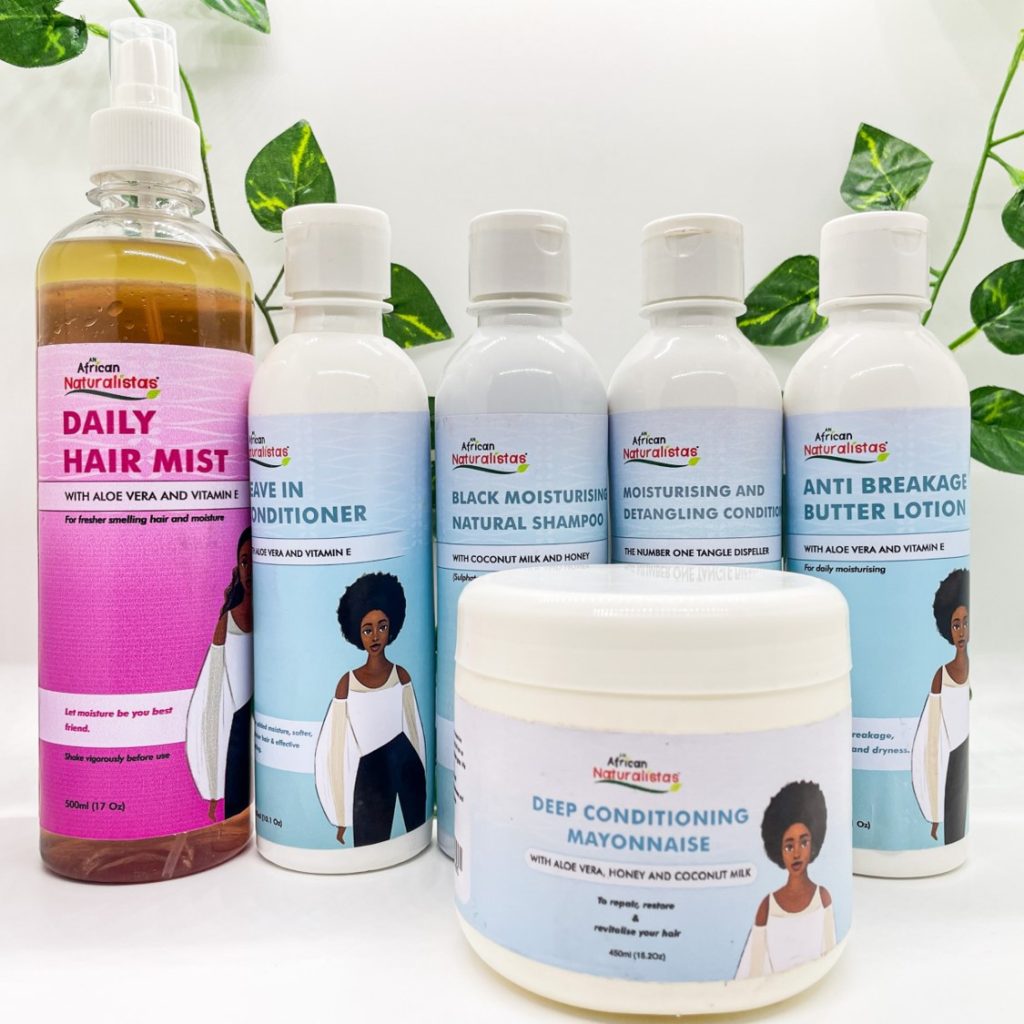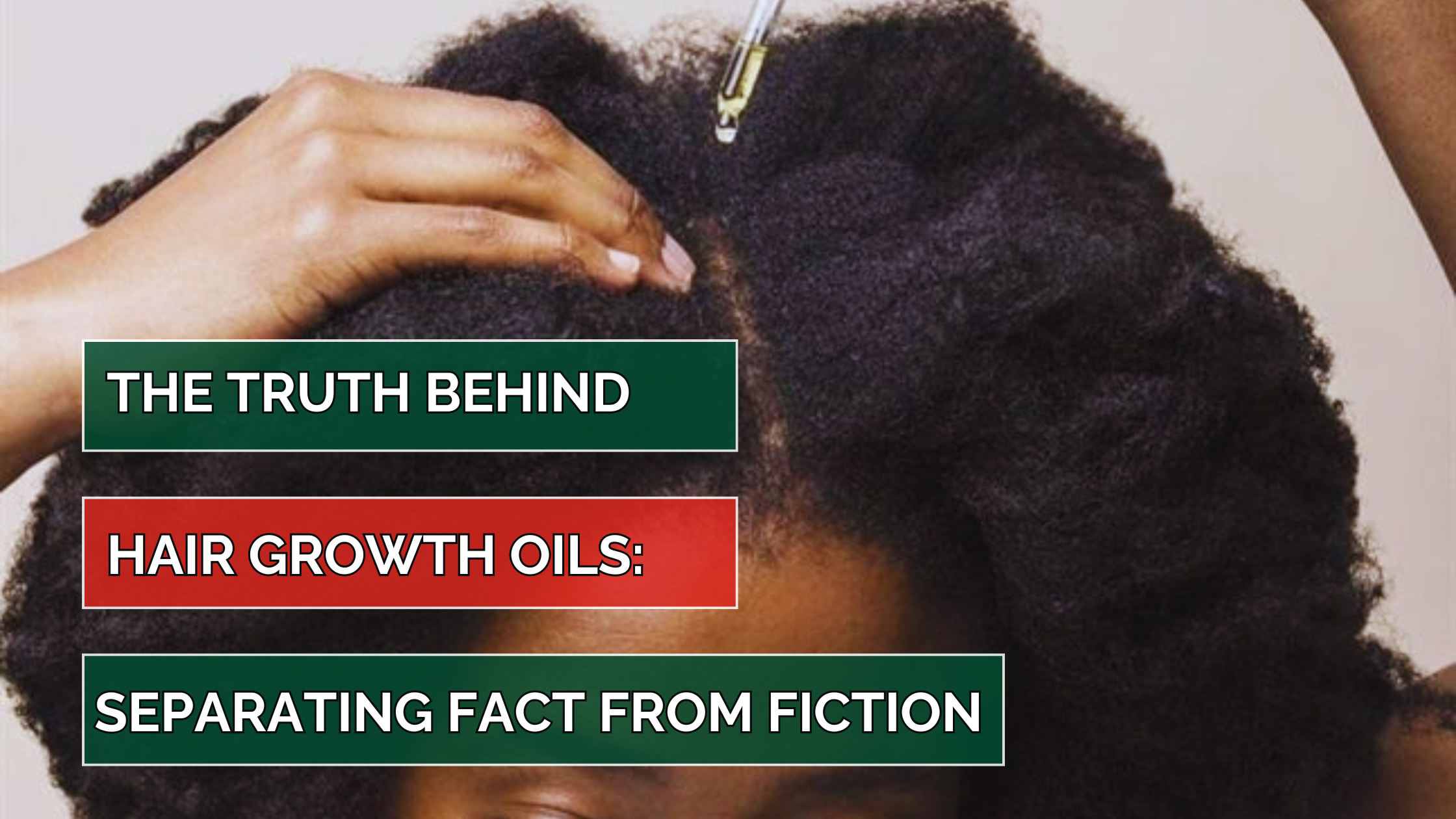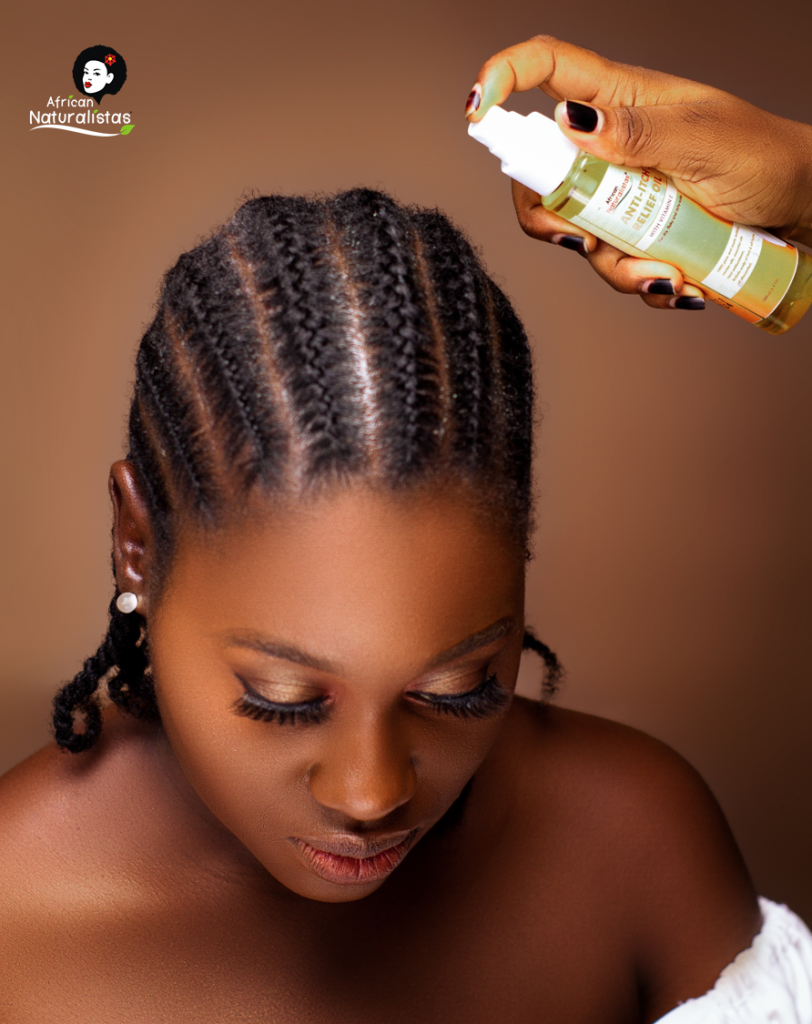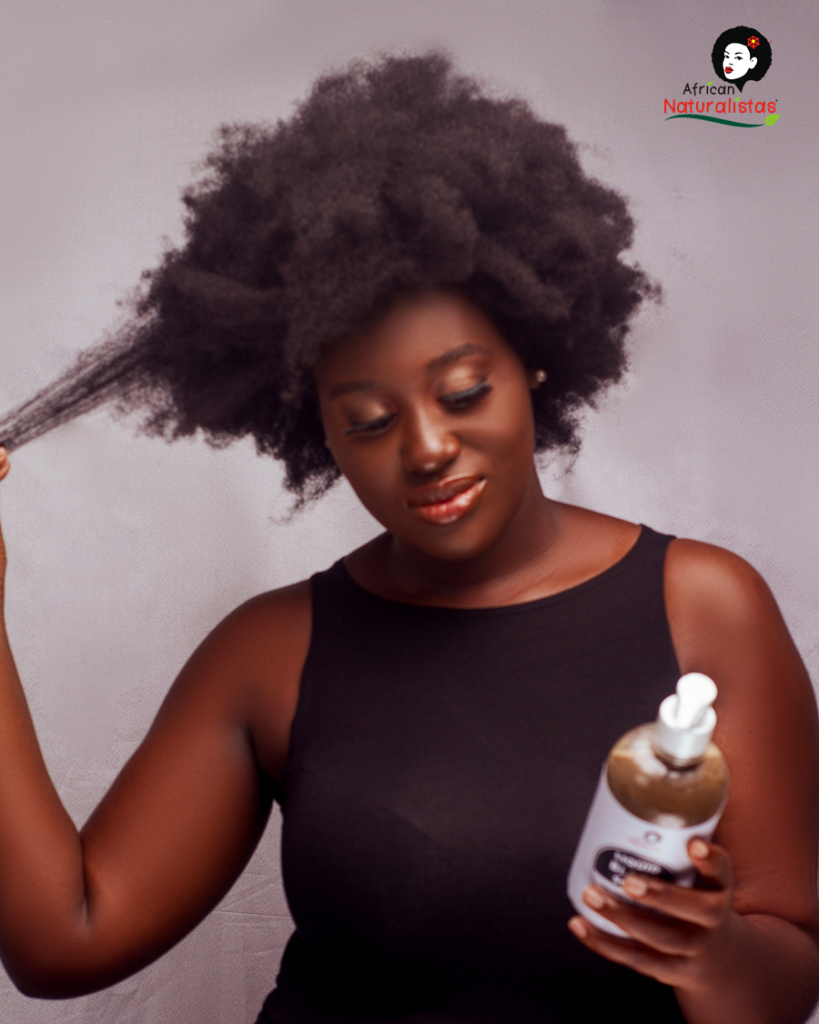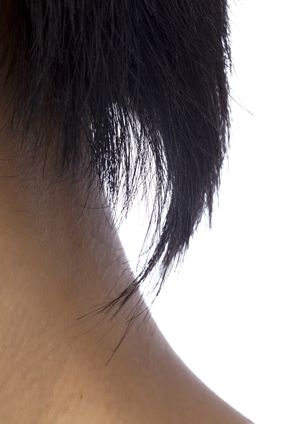If you've ever searched for ways to grow your hair faster or stop hair loss, chances are you've come across a plethora of hair growth oils promising magical results. You might have even tried one (or ten!) yourself, hoping it would be the miracle solution to your hair woes.
But here's the big question: Do hair growth oils really work? Or are they just another product hyped up by influencers and marketers?
As someone who has been in the hair care industry for years, I've seen and heard it all. So today I want us take a deep dive into the world of hair growth oils, separating fact from fiction so that you can make informed decisions for your hair care routine.
What’s In a Hair Growth Oil, Anyway?
First, it’s important to know that hair growth oils come in many forms. Some are made from natural ingredients, while others include synthetic additives. Popular oils like castor oil, coconut oil, jojoba oil, argan oil, and peppermint oil are frequently touted as miracle workers for hair growth.
But here’s where it gets tricky: Not all oils are created equal, and not all oils work the same way for everyone.
Many of these oils are rich in fatty acids, vitamins, and antioxidants, which can help improve scalp health, nourish the hair, and create a more favorable environment for hair growth. However, some oils have more scientific backing than others. Let’s break it down.
Fact: Oils Can Improve Scalp Health
Your scalp is the foundation of healthy hair. If your scalp is dry, flaky, or clogged with excess oil, your hair may not grow as well as it should. Oils like jojoba oil and coconut oil can help moisturize the scalp, improve circulation, and even balance sebum production (the natural oil your scalp produces).
A well-nourished scalp is essential for hair growth, and oils play a role in creating that healthy environment. For example, peppermint oil has been found to improve blood circulation to the scalp, which can stimulate hair follicles.
💡Fact: A healthy scalp = a better environment for hair to grow.
Fiction: Hair Growth Oils Will Grow Your Hair Overnight
Now let’s be clear—no oil, no matter how miraculous the claims, is going to make your hair grow inches overnight. Hair grows at an average rate of about half an inch per month (max. 0.7 inches), and no product on the market can alter that natural cycle.
While some oils can make your hair look thicker and healthier, they don't necessarily speed up the rate at which your hair grows. Consistent use of nourishing oils might help you retain the hair you have and prevent breakage, but it’s not going to add inches to your hair in just a few days.
So, if you’ve been hoping that applying castor oil before bed will leave you waking up with Rapunzel-like locks, you might be disappointed.
🤥Fiction: Hair growth oils do not speed up the natural hair growth process overnight.
Fact: Oils Can Help Reduce Hair Breakage
This is where oils shine! Many oils are fantastic for sealing moisture into the hair shaft, which can prevent dryness and breakage—especially for curly and textured hair types. Coconut oil, for example, penetrates the hair shaft, reducing protein loss, which helps keep your strands strong and less prone to breakage.
Hair growth doesn’t just depend on how fast your hair grows from the scalp; it also depends on how well you can retain the length you already have. Oils play a crucial role here by providing a protective barrier that keeps your hair hydrated and less prone to damage.
💡Fact: Oils can help reduce breakage, aiding in length retention over time.
Fiction: One Oil Fits All Hair Types

One of the biggest myths in the hair oil world is that one oil can solve everyone’s problems. The truth is, different hair types and scalp conditions respond differently to oils. For instance, coconut oil is loved by many, but it can be too heavy for fine hair and might even cause build-up or make your hair greasy.
Castor oil, on the other hand, is thick and sticky, which some people love for its nourishing properties, but others find it too heavy for daily use. If you have an oily scalp, using a heavy oil might clog your pores and lead to even more oil production.
The key is finding the right oil for your hair type and using it in the right way. If you want to avoid the pains of trial and error, and understand your unique hair needs, you cna easily speak to a Trichologist that will help you find what works best for you.
🤥Fiction: There's no universal "best" oil for every hair type.
The Truth About Hair Growth Oils
At the end of the day, hair growth oils are not magic potions that will make your hair grow overnight, but they are powerful tools in your hair care routine when used correctly.
They can help nourish your scalp, reduce breakage, and improve hair health, but patience is key.
If you’re struggling with hair growth, consider incorporating oils into a holistic hair care routine that includes proper nutrition, gentle handling, and consistent care.
How to Choose the Right Oil for Your Hair

If you’re ready to start using oils in your hair care routine, here are a few tips:
- Know your hair type: Different hair types respond differently to oils. Fine hair may prefer lighter oils like grapeseed oil, while coarse or curly hair may benefit from heavier oils like olive oil or castor oil.
- Start with a patch test: Before applying any new oil all over your scalp, do a patch test to make sure you don’t have an allergic reaction.
- Use sparingly: More is not always better. Start with a small amount of oil, especially if you’re new to using oils, and gradually increase if needed.
- Stay consistent: Results take time. Incorporate your chosen oil into your routine at least 1-2 times a week for a few months to see the best results.
Ready to Unlock Healthier Hair?
Now that you know the truth behind hair growth oils, it’s time to put this knowledge into action! At African Naturalistas, we’ve carefully curated a selection of hair oils designed to nourish your scalp, reduce breakage, and support healthy hair growth. Whether you’re looking for castor oil, coconut oil, or a unique blend of botanical oils, you can find exactly what your hair needs to thrive.
Visit our online store today and take the first step towards healthier, stronger hair!
